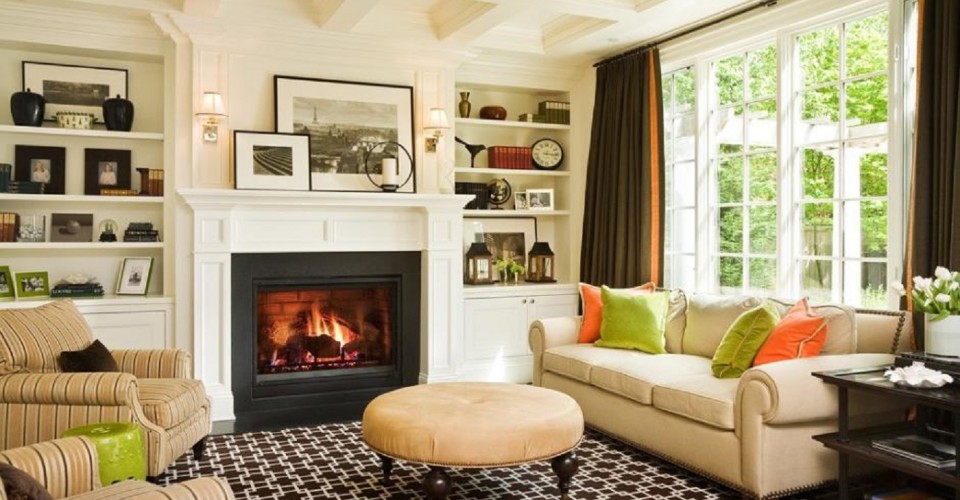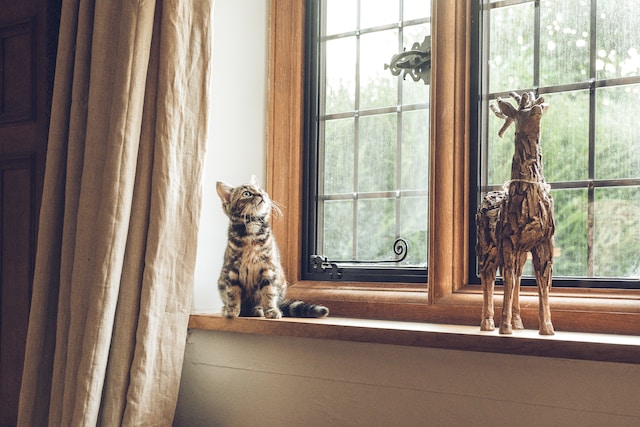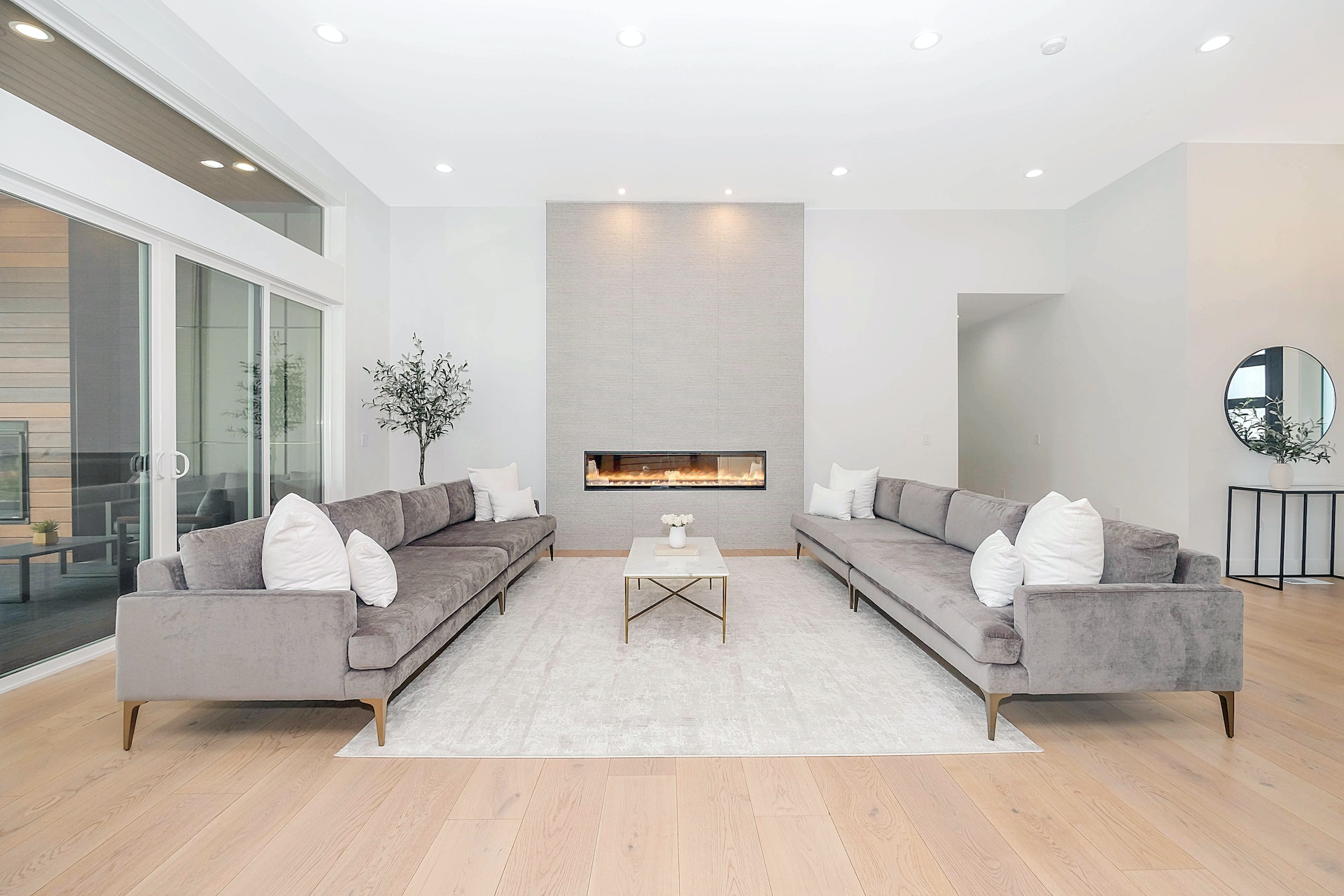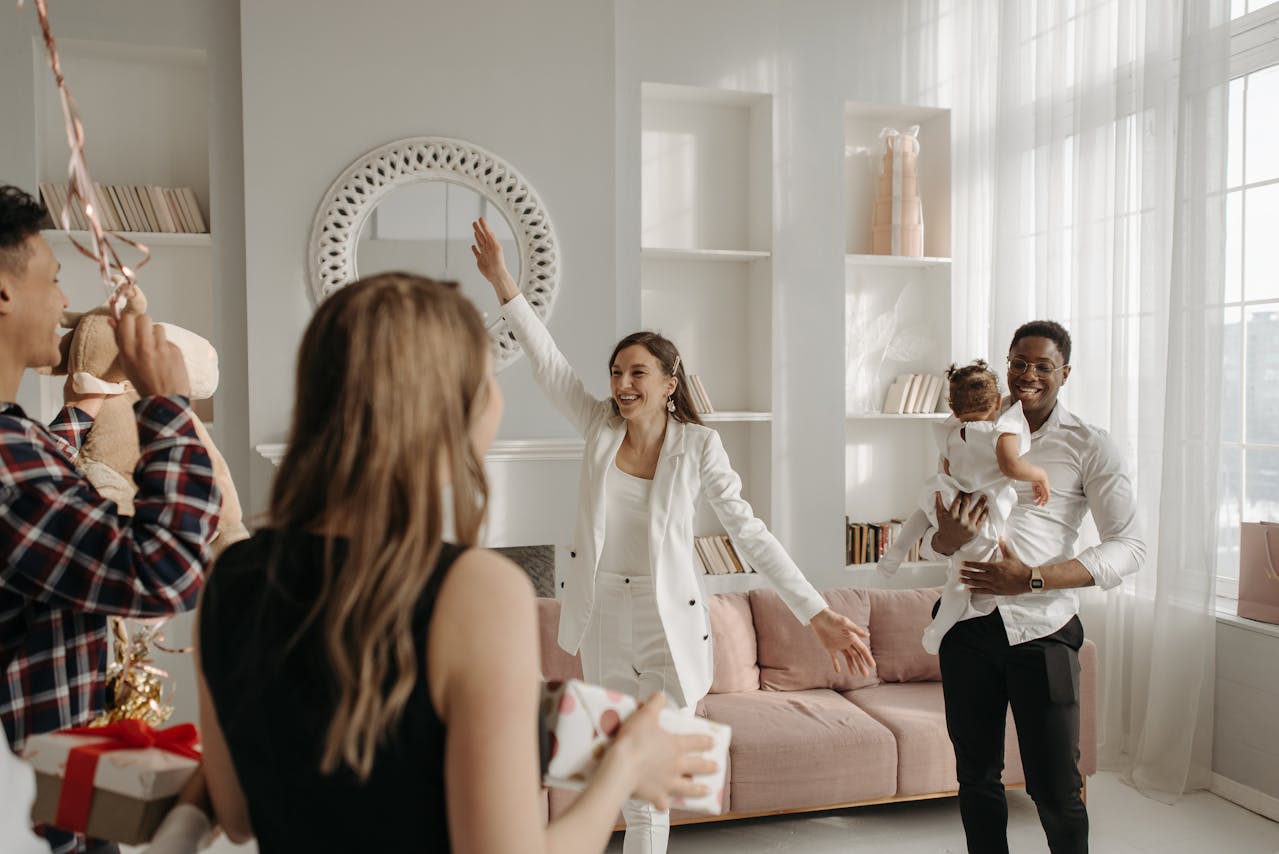Updating your interior design can enliven your surroundings, bring a new sense of order to a cluttered room, make your mark on a new home, or ready your house for prospective buyers. Whatever your motivation for change, you want to make sure the end result matches your vision. You’ve been poring over books and magazines to find inspiration, adding photos to your scrapbook, and now you’re ready to jump in. But maybe you’re still uncertain about taking on a huge transformation yourself or enlisting an interior designer.
Because interior design is so subjective, it can be an intimidating process to hire someone to come into your home and make your dream a reality. How will they translate your vision into the room? How much will everything cost? Will they get it right? Questions like these can overwhelm a homeowner and may lead to poor decision making. Before you trudge ahead, think about the scope of your project, your timeline as well as the budget you have to work with, to determine how involved you want to be in redesigning your interior.
Interior Designer vs. Interior Decorator
An interior designer is a professional who has studied interiors including spacial planning, lighting design, color theory and can interpret architectural renderings. Often they are skilled in building codes, permitting and zoning regulations and have undergone training in a variety of design applications. Interior designers can specialize in residential, commercial, hospitality, aircraft or other types of interior spaces. They focus on planning and functional design, as well as the decorative aspects of an interior space.
Interior decorators, unlike interior designers, typically focus their work on the decorative aspects of interior design. Furniture selection, textiles, materials and color are generally within their scope of work as is sourcing vintage furniture and interior styling. Unlike interior design, there is no school or degree in interior decoration and there are no formal membership associations.
Budget
If you’re working with a limited budget, DIY interior design may be the way to go. Thinking strictly in terms of money, you would definitely cut out the costs of consultation and labor, which are a big part of the process. Interior designers have several fee structures they use when deciding how to design a room and sometimes they combine them. One may charge by the hour plus extra fees for purchasing furniture and other materials. Another designer might charge a flat fee and many will request up-front payment in full on any purchases that must be made. Some designers even charge a retainer fee, which can range between $500 and $25,000, once a contract is signed. Not using a designer means that you will be shopping exclusively at showrooms aimed at the homeowner, not to the trade. You won’t be paying for custom pieces or textiles and you may be wanting to make some pieces yourself.
However, even on a tight budget there may be some benefits to having a professional complete your home’s design. A skilled interior designer knows exactly where to find the best deals and may be able to negotiate pricing on your behalf. A professional will enable you to make faster decisions, can help narrow down overwhelming choices, or stop you from making expensive mistakes. A professional designer likely has connections in the business and is able to purchase supplies, furniture, decor items, and more at wholesale or direct-dealer prices that are below the retail price points you would pay shopping for yourself.
Skill
If you have an eye for style and a nack for interior design, the the DIY approach may come easy to you. However, if you lack basic knowledge of colors (and which secondary or tertiary colors complement them or are analogous to them) or struggle with textiles, furniture arrangement and how to accessorize, then consider hiring a professional interior designer. A professional interior designer has experience working with a wide array of rooms, square footage and styles. They may be able to problem solve much faster than you are able to do, and may be able to pin point problems faster. Even if you are naturally talented with design, it’s often difficult to look at your room with “fresh” eyes. Getting a fresh perspective on your home can be a great reason to hire a pro. utilizing the seating you already have,and limit additions to just a couple of pillows for accents. Design skill can be hard to scale, but if you have high expectations for your space being designed, consult an expert to make sure the outcome is up to your standards.
Time
If you work from home, or a weekend warrior who loves a good challenge, completing your own interior design project may work with your time availability. However, if you work full time outside the home, or simply don’t have the extra time to shop and plan, the DIY method may be a bit out of your reach and patience. Consider all the work that goes into an interior design project:
- measuring
- shopping for décor and furniture
- coordinating deliveries
- troubleshooting issues and delays
- researching options and material
- bargain hunting
Then of course there is the actual work of putting it all together in a cohesive, stylish fashion. Hiring a professional will save you the time and worry of it all. It is also advised to interview several designers to find one whose aesthetic, working style, and personality suit you best. Before you start to work on the project all aspects of the project should be taken into consideration to determine how much time you want to and realistically can devote to your interior design project.
Codes and permits
Depending on the extent of the work, if any actual remodeling or construction is going on, permits will have to be acquired. Your interior designer should handle obtaining permits and paperwork, from going to the proper office, filling out the paperwork, and ensuring it’s delivered in the most timely fashion to begin work. Be sure to hire someone who always obtains permits, as the work will add to the resale value of your home and potential buyers will likely ask for the permits prior to purchase. Choosing to hire a professional for your interior design project will be helpful due to their knowledge of the necessary permits that may be required for your home.
When deciding whether to DIY or hire a professional for your interior design project, your choice lies in the amount of effort you are wanting to put into your project. To begin searching for an interior designer or browse projects of past designs by professionals, look on Porch.
Top Image Credit: Graciela Rutkowski Interiors




